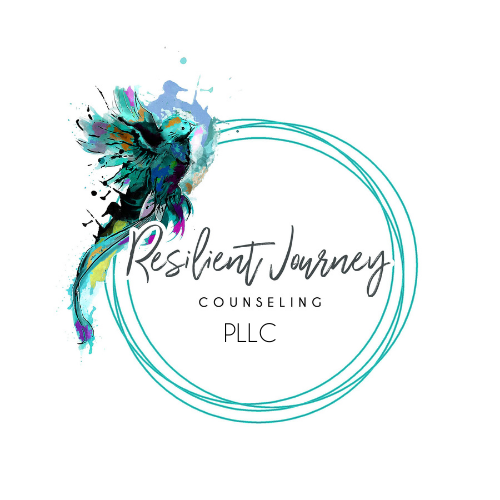Resiliency. What does this word mean to you? You may picture an object that is not easy to harm or break. In the realm of counseling, resiliency is a term used in conjunction with trauma. Resilience is how one deals and recovers from trauma. Let’s take a closer look.
The American Psychiatric Association defines resilience as the process of adapting in the face of adversity, trauma, tragedy, threats, or significant sources of stress. These stressors may include disasters, racial tension, domestic and gun violence, abuse, and poverty, and witnessing domestic, community, or school violence. Resilience is the ability of an individual to be able to “bounce back” from difficult experiences. Fortunately, there are ways we can build our resiliency without having to go through trauma. People who practice and lead lives with frequent moments of positive emotions increase their resilience against challenges, according to a new study by a University of North Carolina at Chapel Hill psychologist and colleagues. Other methods to strengthening your resilience include:
- Embrace change
- Practice self-compassion
- Create goals
- Be proactive and not reactive
- Adopt a positive outlook
- Develop meaningful relationships
- Practice and prioritize self-care
Including these things into your everyday routine will build your resiliency and help you to overcome challenges and adapt in the face of adversity. And always remember, healing from trauma IS possible and CAN be done. You got this!
Check out our Helpful Resources too!
– Resilient Journey Counseling –


